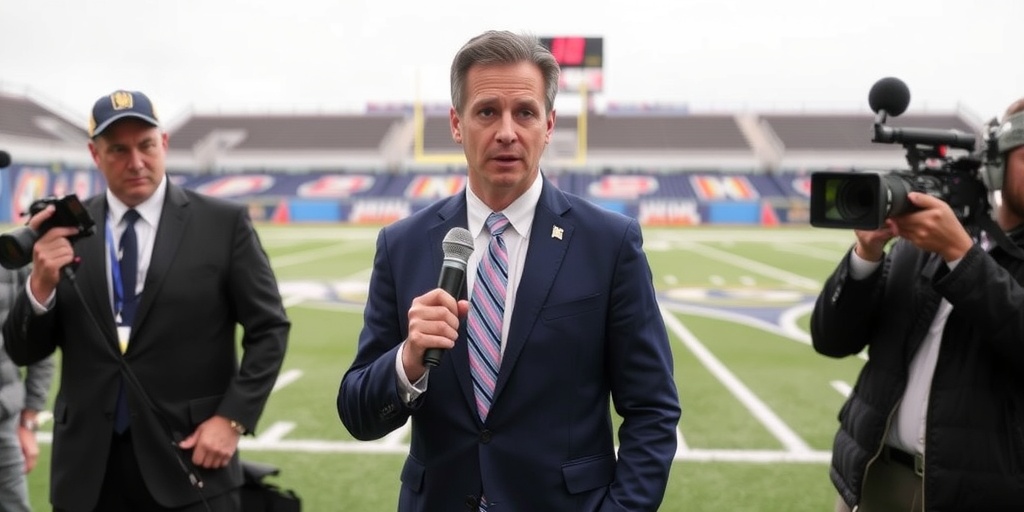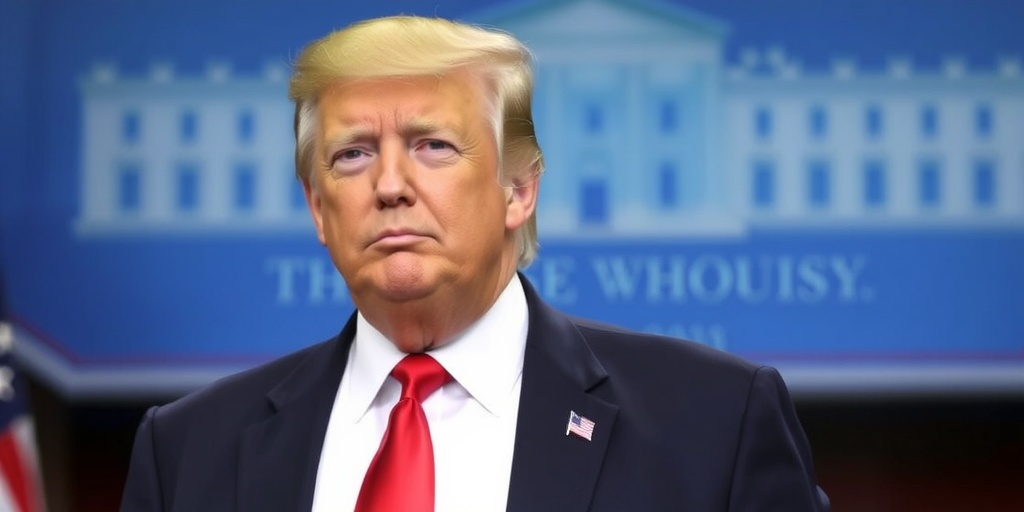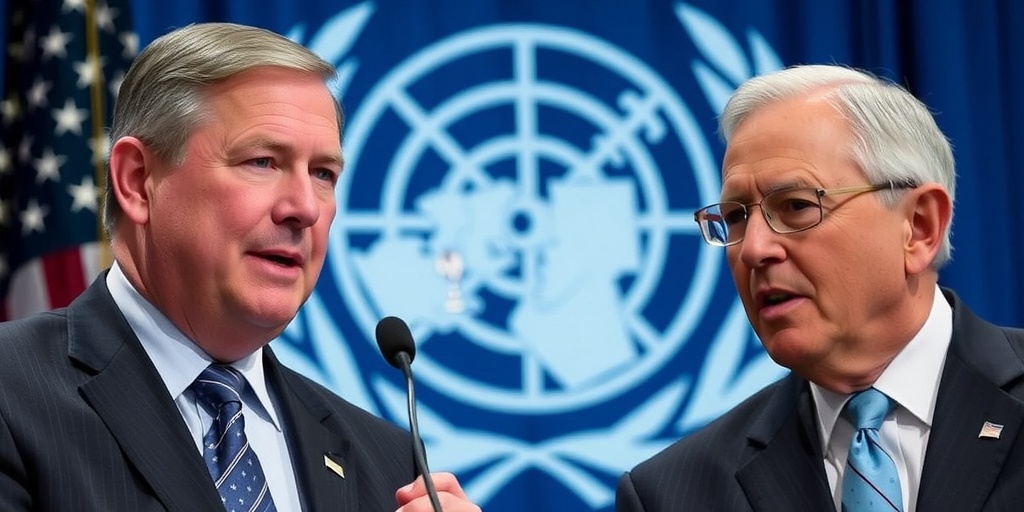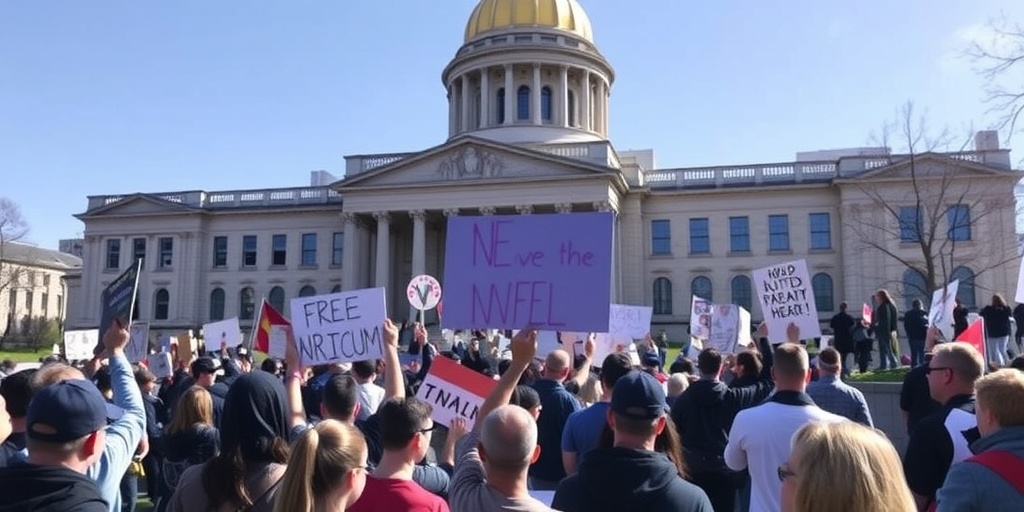Now Reading: Republicans Cite Newsom in Transgender Sports Hearing
-
01
Republicans Cite Newsom in Transgender Sports Hearing
Republicans Cite Newsom in Transgender Sports Hearing

Controversial Debate Over Transgender Athletes in California State Capitol
In an unprecedented event at the California State Capitol, a contentious debate unfolded on Tuesday as Republican lawmakers invoked Governor Gavin Newsom’s recent remarks about transgender athletes, while Democrats largely avoided mentioning his name. The focal point of the discussion was two Republican-sponsored bills aimed at banning transgender athletes from participating in women’s sports, shortly after Governor Newsom expressed his belief that such participation is "deeply unfair" to biologically female athletes.
Karen England, executive director of the conservative advocacy group Capitol Resource Institute, highlighted the surprising agreement between herself and Newsom, signifying the unique political dynamics at play. She noted, "For the first time ever, Gavin Newsom and I agree." This was in direct reference to the governor’s stance which has raised eyebrows across party lines, throwing traditional alliances into uncertainty in a state where Democrats hold a supermajority.
The assembly hearing attracted significant public interest, with a packed audience representing a variety of perspectives—some advocating for the rights of transgender athletes, while others emphasized the importance of preserving fairness in women’s sports. Ultimately, the bills were defeated by Democratic votes, underscoring a growing rift within the party regarding LGBTQ+ rights and the participation of transgender individuals in athletics.
Governor Newsom, who has long been a champion of LGBTQ+ rights, publicly diverged from his party’s stance when he articulated his views during his podcast in March. He described the competition of transgender athletes in women’s sports as “deeply unfair.” This sentiment was echoed during his appearance on HBO’s "Real Time With Bill Maher," where he declared the Democratic Party’s image as becoming "toxic." Despite this, Newsom has not taken a definitive public stance on the legislative bills themselves, and his office remained silent during the committee discussions.
The rising divisions among California Democrats, particularly concerning LGBTQ+ rights, have raised eyebrows. Chris Ward, a Democratic assemblyman and leader of the LGBTQ+ caucus, criticized Newsom’s comments for inflaming tensions and claimed they risk co-opting into an "extremist agenda." His concerns reflect a wider apprehension among Democrats about the consequences of possibly alienating transgender individuals who often face significant vulnerabilities.
Assemblywoman Kate Sanchez, a Republican, cited Newsom’s recent remarks while advocating for her bill designed to prevent students assigned male at birth from competing on girls’ teams in educational settings. Sanchez’s arguments were echoed by Assemblyman Bill Essayli, who proposed undoing a 2014 law that allows students to participate in activities that align with their gender identity. This attempt to reevaluate existing legislative frameworks highlighted the ongoing struggle and politicization surrounding transgender rights in California.
The atmosphere during the committee hearing was charged, as public advocates gathered to voice their opinions. Supporters of the bills included teenagers wearing "Save Girls Sports" shirts, while activists aiming to "Protect Trans Kids" also made their presence known. This diverse collection of voices made the issue profoundly personal and contentious for many present.
As debates unfolded, Democrats argued that restricting transgender participation could further marginalize a vulnerable demographic. They asserted the need to redirect legislative focus toward broader societal issues that constituents prioritize, such as housing, healthcare, and crime. Assembly Speaker Robert Rivas noted that constituents rarely voice concerns about sports participation.
Data from a recent Times/Ipsos poll indicated prevalent public skepticism regarding the Democratic Party’s priorities. The poll revealed that a significant majority of Americans believe the party is too focused on social issues, while a notable 79% of respondents—including 67% of Democrats—oppose allowing transgender athletes to compete in female sports.
Following the committee’s decision, Republicans who had previously referenced the governor’s remarks criticized his absence and perceived lack of support for their proposed laws. Assembly Republican Leader James Gallagher suggested that if fairness for women athletes was a genuine priority for Newsom, he should have taken more proactive steps to support the legislation.
Gallagher’s comments insinuate a broader strategic angle: Republican lawmakers are seemingly emboldened by the current political climate, fueled further by the Trump administration’s ongoing attempts to restrict transgender athletes’ rights on a national scale. The administration has recently threatened to withhold federal funding from states defying new policies, emphasizing the high stakes of this legislative issue.
Amidst all this, the contentious topic remains one of the most hotly debated in contemporary politics, encapsulating wider societal disputes on gender identity, fairness in sports, and the evolving landscape of LGBTQ+ rights in America. The developments in California could set a precedent that reverberates across the nation as similar legislative battles unfold in other states.
Stay Informed With the Latest & Most Important News
Previous Post
Next Post
-
 01New technology breakthrough has everyone talking right now
01New technology breakthrough has everyone talking right now -
 02Unbelievable life hack everyone needs to try today
02Unbelievable life hack everyone needs to try today -
 03Fascinating discovery found buried deep beneath the ocean
03Fascinating discovery found buried deep beneath the ocean -
 04Man invents genius device that solves everyday problems
04Man invents genius device that solves everyday problems -
 05Shocking discovery that changes what we know forever
05Shocking discovery that changes what we know forever -
 06Internet goes wild over celebrity’s unexpected fashion choice
06Internet goes wild over celebrity’s unexpected fashion choice -
 07Rare animal sighting stuns scientists and wildlife lovers
07Rare animal sighting stuns scientists and wildlife lovers




















